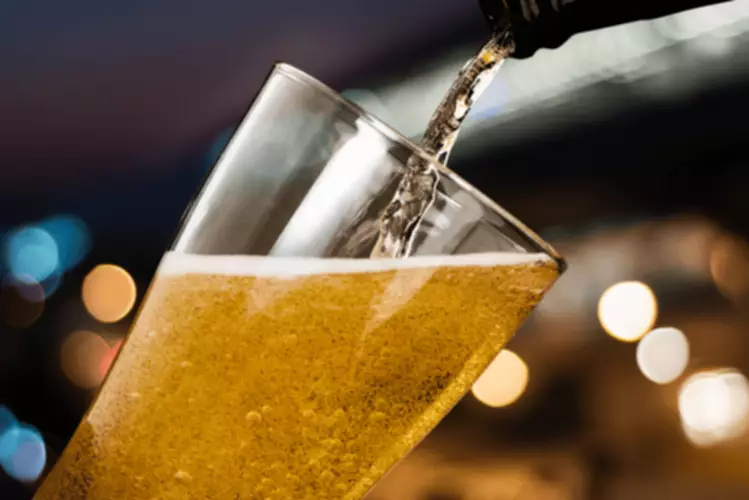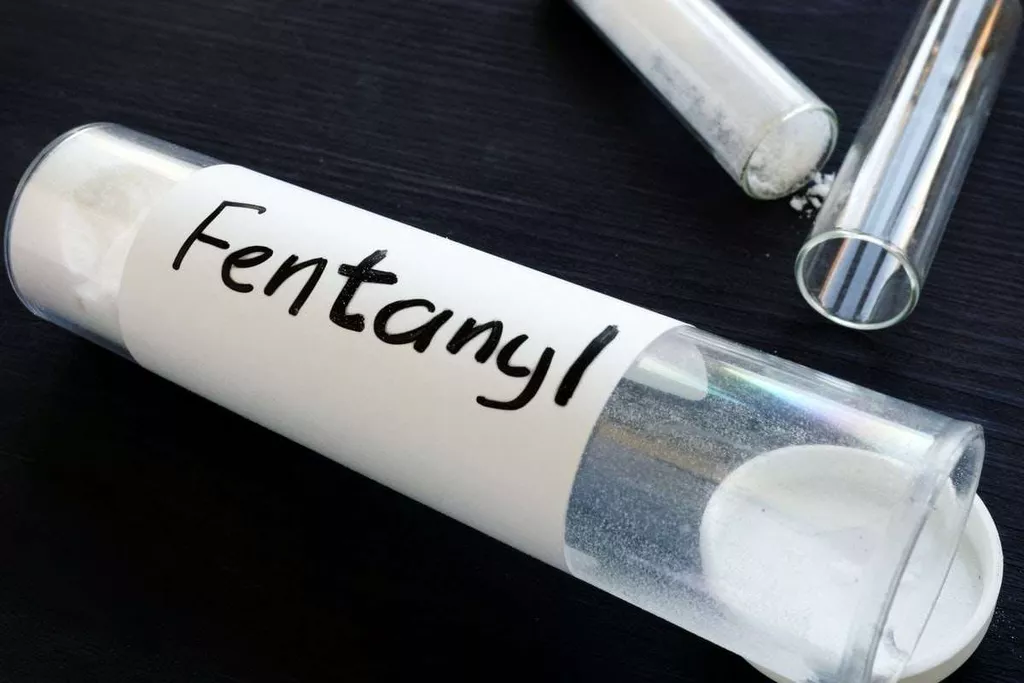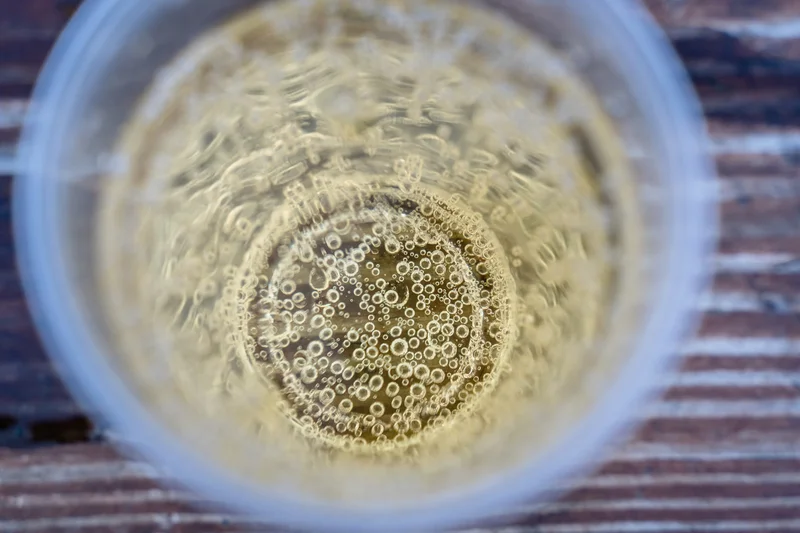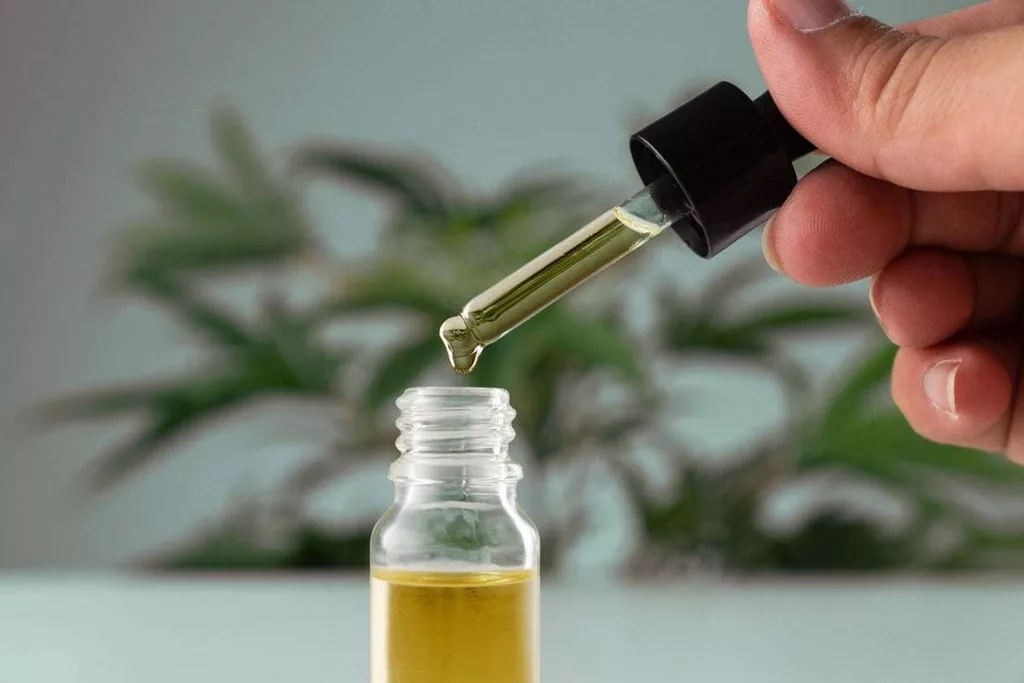
Sober coach Rae Dylan lives in New York sober curious City and sees the trend up close. Cities like New York City and Chicago are seeing a rise of sober-free bars and events. Instagram and Facebook pages devoted to alcohol-free living boast followers in the tens of thousands.
The Problem With Calling Sobriety A „Wellness Trend”

Still, abstaining from alcohol — on a short-term basis or longer term — is becoming more common. The „sober curious” or „sober sometimes” movement started as a challenge for those who felt they’d partied a little too hard over New Year’s weekend. First there was „Dry January,” when people could brag on social media about how they were taking a break from booze. Now there’s alcoholism „Dry July” and even „Sober September.” And the movement has spread across the U.S., with people challenging each other to see what life is like without alcohol and share in that experience. The short answer here is no, but Warrington suggests that most of society is likely “just a little bit addicted” to alcohol given the nature of the product and the effectiveness of its marketing. “Our brains are biologically hardwired to form an attachment to alcohol,” Warrington points out.
New weight loss pill could benefit people with Type 2 diabetes: Drugmaker

Enjoying sober experiences has left Banks feeling healthier, more focused, and more present for her husband and children. In addition, her family’s finances have improved without the steady purchase of wine. She says her husband is proud of her accomplishment, and her children are enjoying a more active family life with hiking and trips.
Why become a mindful drinker?
With the proportion of teetotallers aged 16 to 24 having risen from 18.7 to 20.9 per cent since 2006 according to The Office of National Statistics, the trend’s found particular popularity among millennials. A few years later, Warrington noticed the concept of sober curiosity gaining increasing traction in popular media, and decided to write her book, Sober Curious. Friends and family didn’t object, but they had difficulty supporting what they couldn’t understand. In the spring of 2018, 42-year-old Kim Banks found herself in a lonely place. Struggles with anxiety and depression interfered with life as a wife, mother of 5-year-old twin boys, and her work in public relations. Despite self-improvements like daily exercise, healthy eating, and good sleep habits, Banks wasn’t happy.
- As we’ve reported, there are a variety of treatments beyond Alcoholics Anonymous, including counseling, medications and support groups to help people who want to end that dependency.
- And he has opened new sober bars in Kansas City, Mo., and western Massachusetts.
- So far, there are a handful of studies that point to some benefits of abstinence for even moderate drinkers — in addition to the widely recognized benefits for people who have alcohol use disorder.
- Followers celebrate her victories and help her navigate rough days.
- Some who have given up booze altogether join „sober sometimes” friends to enjoy nonalcoholic drinks at Sans Bar in Austin, Texas.
- The proliferation of craft mocktails made with nonalcoholic distilled spirits is making it easier and more fun for people who abstain from alcohol to feel like they are still part of the party.
Alcohol-free cocktail recipes that are worth drinking
- How much more confident, awake, and aware are we when we are not drinking as often or as much?
- “I was feeling lots of anxiety, depression, and irritability, even though I was trying to do all the right things,” she says.
- He started drinking in high school, he says, and got his first DUI at 16.
„Those early days of abstinence from alcohol were so tough, because I had no friends,” he says. Another social club member, Kathy Kuzniar, says she used to obsess over whether there was enough wine in the house. She says she feels calmer since she became sober, and she has lost 30 pounds. A 2017 survey found that a third of people wanted to cut back on their alcohol consumption — some because of regret or embarrassment — and many others for health reasons. Listen Bar in New York City is a pop-up watering hole that caters specifically to the growing Sober Curious movement.

